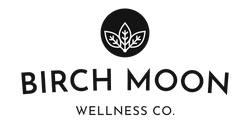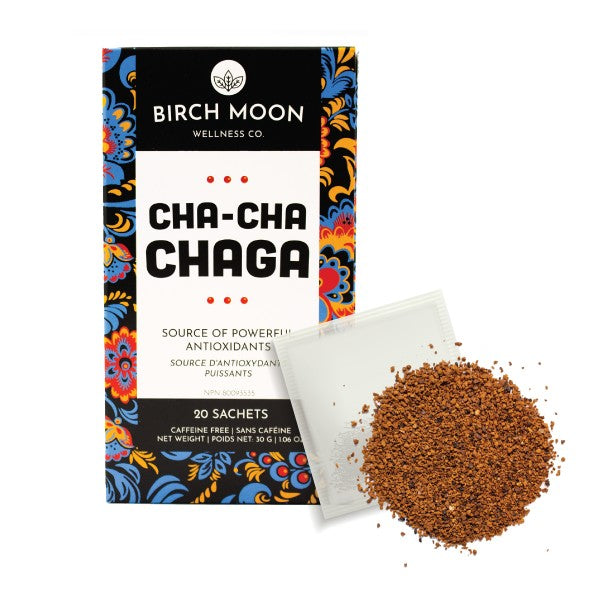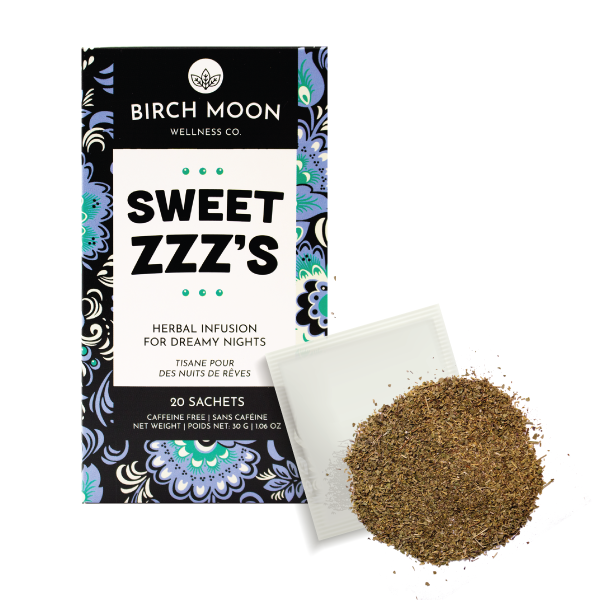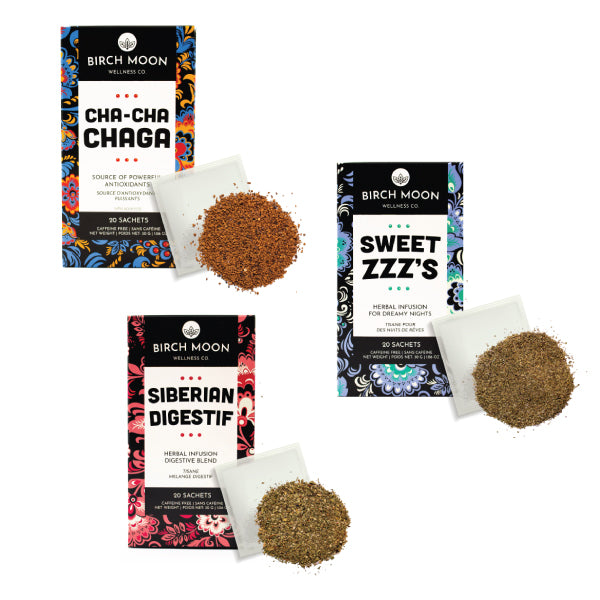In recent years, there has been a growing interest in natural supplements for health and wellness. Among these, Chaga, a type of mushroom, has gained notable popularity. This article aims to provide a comprehensive overview of Chaga as a supplement, its benefits, potential side effects, and how it compares to other similar supplements in the market.
What is Chaga?
Chaga (Inonotus obliquus) is a fungus that primarily grows on the bark of birch trees in cold climates, such as Northern Europe, Siberia, Russia, Korea, Northern Canada, and Alaska. Unlike typical mushrooms, Chaga appears as a dark, clumpy mass resembling burnt charcoal, which is actually a protective layer for the nutrient-rich fruiting body.

Historical Use
Chaga has been used in traditional medicine in Eastern Europe and Asia for centuries. It was traditionally brewed into a tea and consumed for its health benefits.
Health Benefits of Chaga
Chaga is rich in a variety of vitamins, minerals, and nutrients, including:
- Antioxidants: It contains high levels of antioxidants, which help combat oxidative stress and may reduce the risk of chronic diseases.
- Beta-D-Glucans: Known for boosting the immune system and balancing the body’s immune response.
- Polysaccharides: These contribute to energy levels, liver health, and cardiovascular health.
- Melanin: Chaga is rich in melanin, which is known for skin and hair health.

Potential Health Effects
- Immune System Support: The beta-glucans in Chaga may help boost the immune system.
- Anti-inflammatory Properties: Chaga has been noted to reduce inflammation, potentially benefiting conditions like arthritis.
- Cancer Prevention and Treatment: Some studies suggest that Chaga may slow the growth of certain cancer cells.
Side Effects and Considerations
While Chaga is generally considered safe, it’s important to be aware of potential side effects:
- Overconsumption may lead to kidney or liver damage due to oxalates.
- People with autoimmune diseases should consult a doctor, as it can stimulate the immune system.
- It may interact with certain medications, especially those for diabetes and blood clotting.
Chaga vs. Other Supplements
Chaga is often compared to other natural supplements like Reishi, Turmeric, and Ginseng. Here’s how they stack up:
- Reishi Mushroom: Also used in traditional medicine, Reishi is known for its calming properties, often used to reduce stress and improve sleep.
- Turmeric: Contains curcumin, known for its powerful anti-inflammatory and antioxidant properties.
- Ginseng: Popular for its energy-boosting and immune-supportive effects.
Each of these supplements has its unique benefits and use cases. The choice between them should be based on individual health needs and goals.
How to Use Chaga
Chaga can be consumed in several forms:
- Tea: The most traditional method. Why not try the Birch Moon chaga tea bags or the chaga powder.
- Powders and Capsules: For ease of use and consistent dosing.
- Tinctures: Concentrated forms for quicker absorption.
Dosage
Consulting a healthcare provider for personalized advice on dosage is recommended, as it can vary based on individual health conditions and goals.
Chaga, with its rich history in traditional medicine and a wide range of health benefits, is a compelling supplement for those looking to enhance their wellness naturally. However, it’s essential to use it thoughtfully, considering potential side effects and interactions with other medications. As with any supplement, it should be a part of a holistic approach to health, complemented by a balanced diet and lifestyle.
Disclaimer: This article is for informational purposes only and is not intended as medical advice. Please consult a healthcare professional before starting any new supplement regimen.





